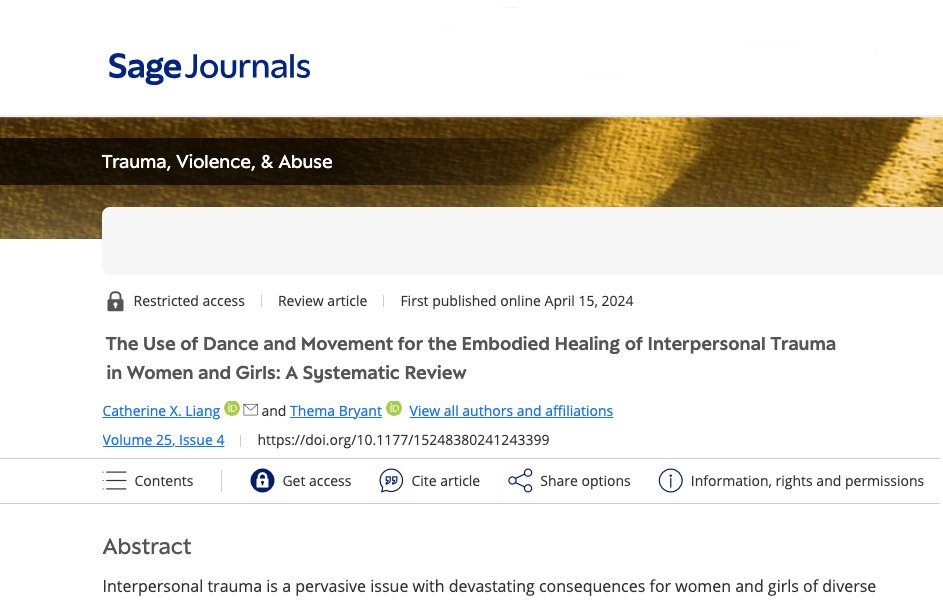Fusing pole dance and therapy to help women heal from trauma
A long overdue episode where I share my deep love for pole dancing with the incredible Dr. Cat Liang. She is a clinical psychologist and pole dance instructor who has conducted research on the therapeutic benefits of pole dance, particularly with women survivors of abuse.
What is Trauma Sensitive Yoga and How Can It Help?
Trauma Sensitive Yoga can help those who have experience trauma restore a sense of control, increase body awareness, and regulate emotions.
Dance Therapy and Pole Dance
This week we are joined by a special guest, Dr. Cat Liang, Psy.D, who studies dance therapy. She has just published a great research article, The use of dance and movement for the embodied healing of interpersonal trauma in women and girls. We will be discussing her findings in her research and what movement therapy can heal.
How to Activate the Rest and Digest System
You've probably heard of the Fight and Flight response (now commonly known as Fight/Flight/Freeze). But have you ever heard of the Rest and Digest response?
4 Coping Skills for Dissociation
In my experience working with survivors of trauma, dissociation is the most common symptom that my clients struggle with. Dissociation may feel like you are disconnected from your thoughts, feelings, and your environment. You may feel detached from your body. You may feel as if you are not real and/or the world around you is not real.
The Use of Dance and Movement for the Embodied Healing of Interpersonal Trauma in Women and Girls: A Systematic Review
Interpersonal trauma is a pervasive issue with devastating consequences for women and girls of diverse identities. Research has shown that there are many potential physiological consequences for experiencing trauma, and as such, treatment for trauma should incorporate the body.
Reconnecting with Culture
Since moving to the United States in 2011, I have never known how to celebrate the Lunar New Year. It's always during an inconvenient time, a time when folks are busy with work or school, a time when most people are still recovering from the Christian holidays. When I think about the many New Years’ I’ve celebrated in China where I was born, what I could possibly do in the United States pales in comparison.
The utility of direct questions in eliciting subjective content from children disclosing sexual abuse
Background: Children alleging sexual abuse rarely exhibit emotion when disclosing, but they may be able to describe their subjective reactions to abuse if asked. Objective: This study examined the extent to which different types of questions in child sexual abuse interviews elicited subjective content, namely emotional reactions, cognitive content, and physical sensations.







